We went to the a special class which teaches culture and skills for children under 20 years old of teacher Nguyen Thi Kim Yen, who has worked at the Center for more than 15 years. There are 12 children, divided into 2 groups. The children have different types of disability, such as: deafness, Down syndrome, autism, cerebral palsy... To teach those children, she must always put in 3 or 4 times more effort to "get along" with them. Yen confided: in the first days with the class, even though I was mentally well-prepared, I still couldn't avoid being confused, especially when the children could not control their behavior. But my enthusiasm and love motivated me to stay with the children and give them more love.
The incense making class of teacher Nguyen Ngoc Phuong is also extremely "special" when he is also affected with Agent Orange as the children. Phuong expressed, he himself also did not know how to make incense. When he saw that the incense making machine at the Center worked unreliably due to unusual break-downs without anyone to repair, with his technical knowledge and curiosity, Phuong learned to repair the machine and put it back into operation. Up to now, the Center has acquired in a number of high-tech incense making machines, and supplied the products to many provinces and cities across the country.
As the classes consist of "special" students, the management and upbringing of the children are also more special than usual. Children with disabilities may easily get angry and destroy things, so the teachers must always keep an eye on them so as not to let them hurt themselves or their peers. Communicating with them is hard, but teaching is even more difficult because even though the children are grown up, they are less cooperative. For those reasons, it is necessary to have separate lessons so that in addition to teaching knowledge, teachers also teach them the simple skills such as holding objects, wiping hands, washing feet, or recognizing necessary objects, personal hygiene... That is the confidence of teacher Dung, teacher Huong, teacher Trang, teacher Lan, teacher An, teacher Thanh, who have worked for many years at the Center, but never got any congratulation from their students on the Vietnamese Teacher’s Day, November 20th. However, they never felt sad, instead they felt even more sorry for their special students.

The center has 17 officials, teachers, and staff, and is currently nurturing and taking care of 110 AO victims. Each child has their own circumstance, but most of them have impaired hearing, seeing, speaking, and limb movement. Some of them also suffer from cerebral palsy and intellectual disabilities. Each type of disability and each child's psychology require different teaching method and also have different goals compared to other schools. When leaving the Center, some children can read the alphabet, count numbers; some know how to control their behavior, some can integrate into the community, and take care of themselves... Each child need a different way of teaching, but they all a common thing, i.e. the love and perseverance of the teachers.
Unlike their colleagues at normal schools in the basic education system, teachers at the Centers of special education system for children with disabilities, the annual Vietnamese Teacher’s Day here is also "special" compared to other schools. Ms. Vo Thi Thu, Deputy Director with more than 17 years working at the Center, said: For many years on the November 20 anniversary, the teachers at the Center and I have never received flowers nor wishes from the students. The most precious gift for us after so much effort is to see the disabled children recover their health, gain life skills and integrate into the community, which can ease some burden for their families and the society.
For the teachers at the Center, it is such a pride and an invaluable spiritual gift that gives them more motivation to guide their "special" students on the path to gain knowledge and integrate into life as other normal children...
Tra Thanh Lanh




_thumb_720.jpg)
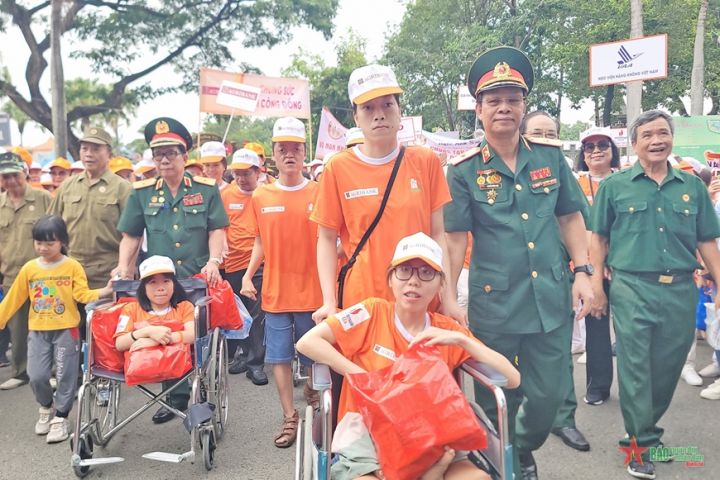
_thumb_720.jpg)
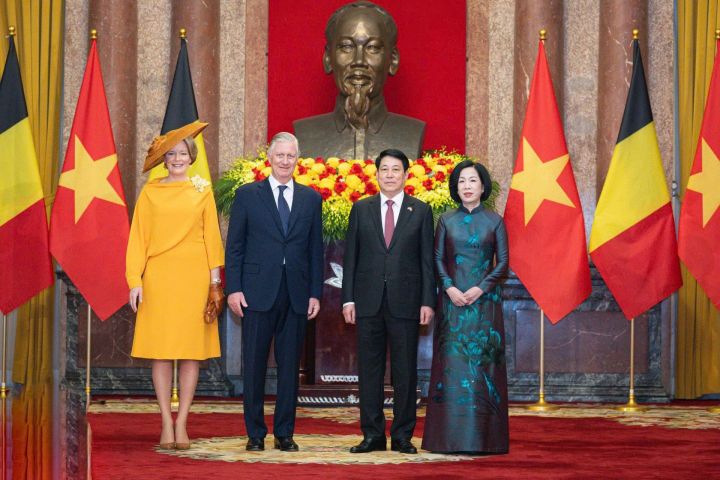
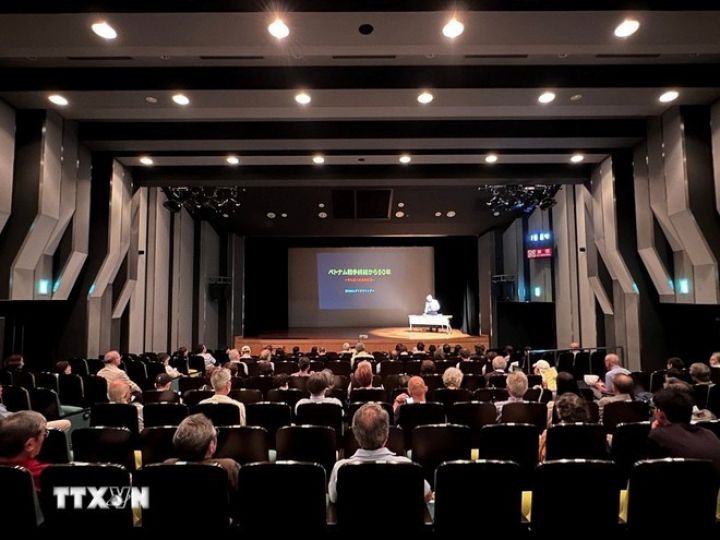

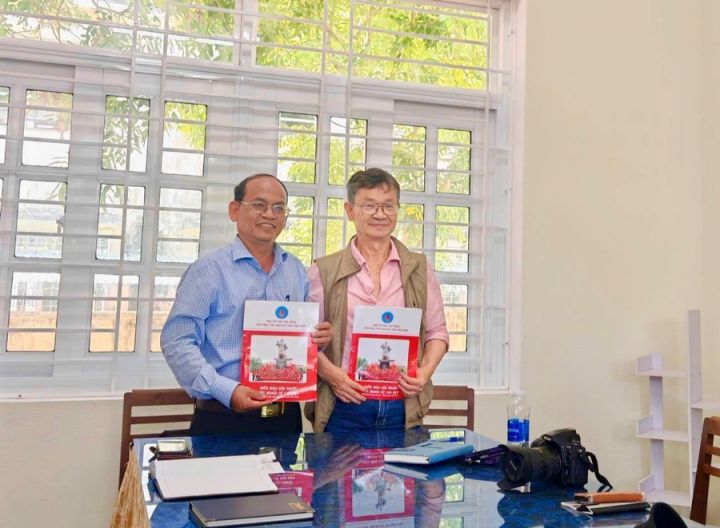
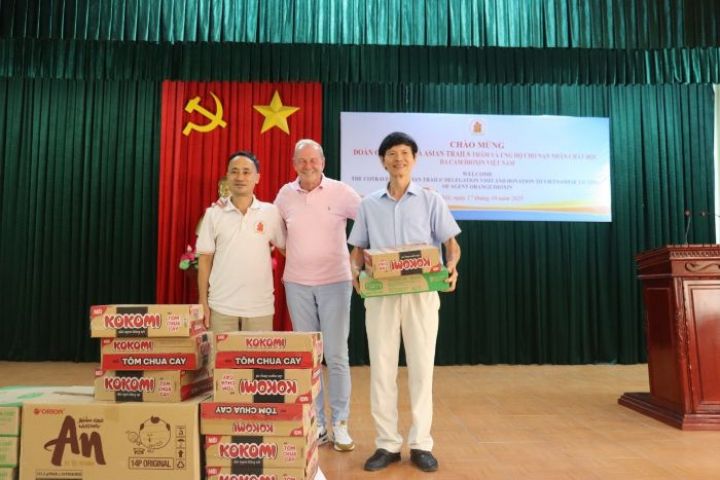
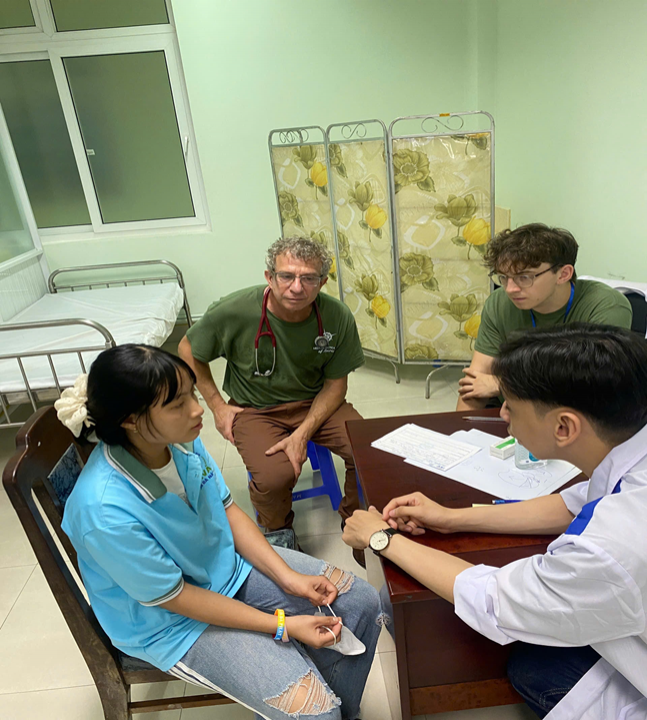











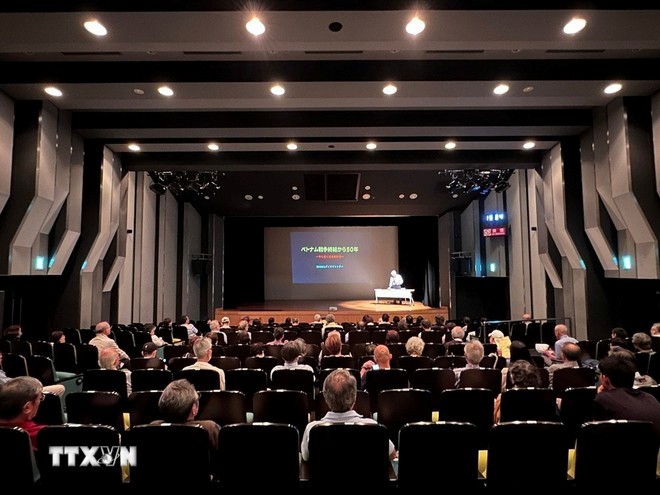
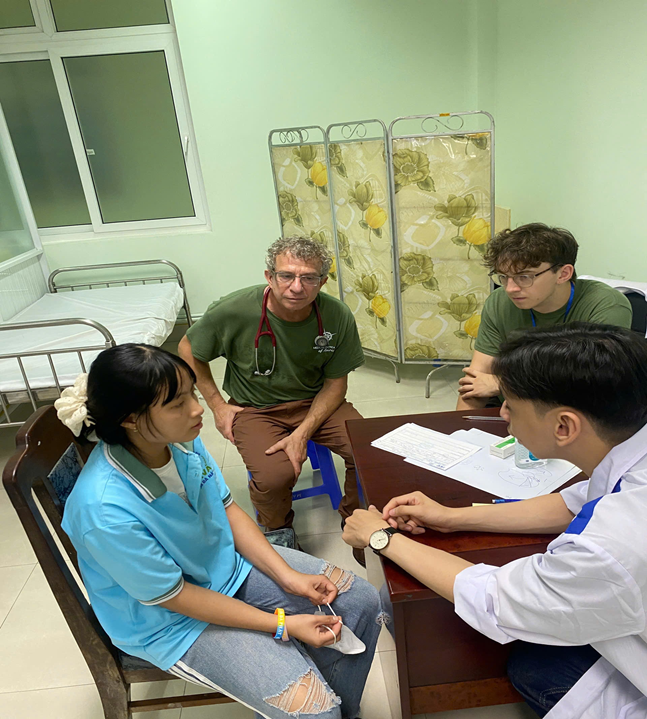
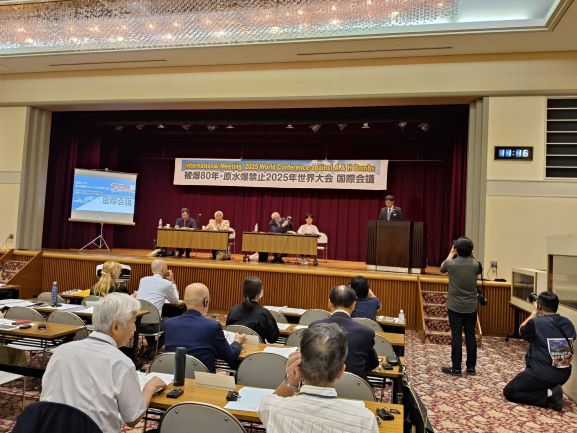
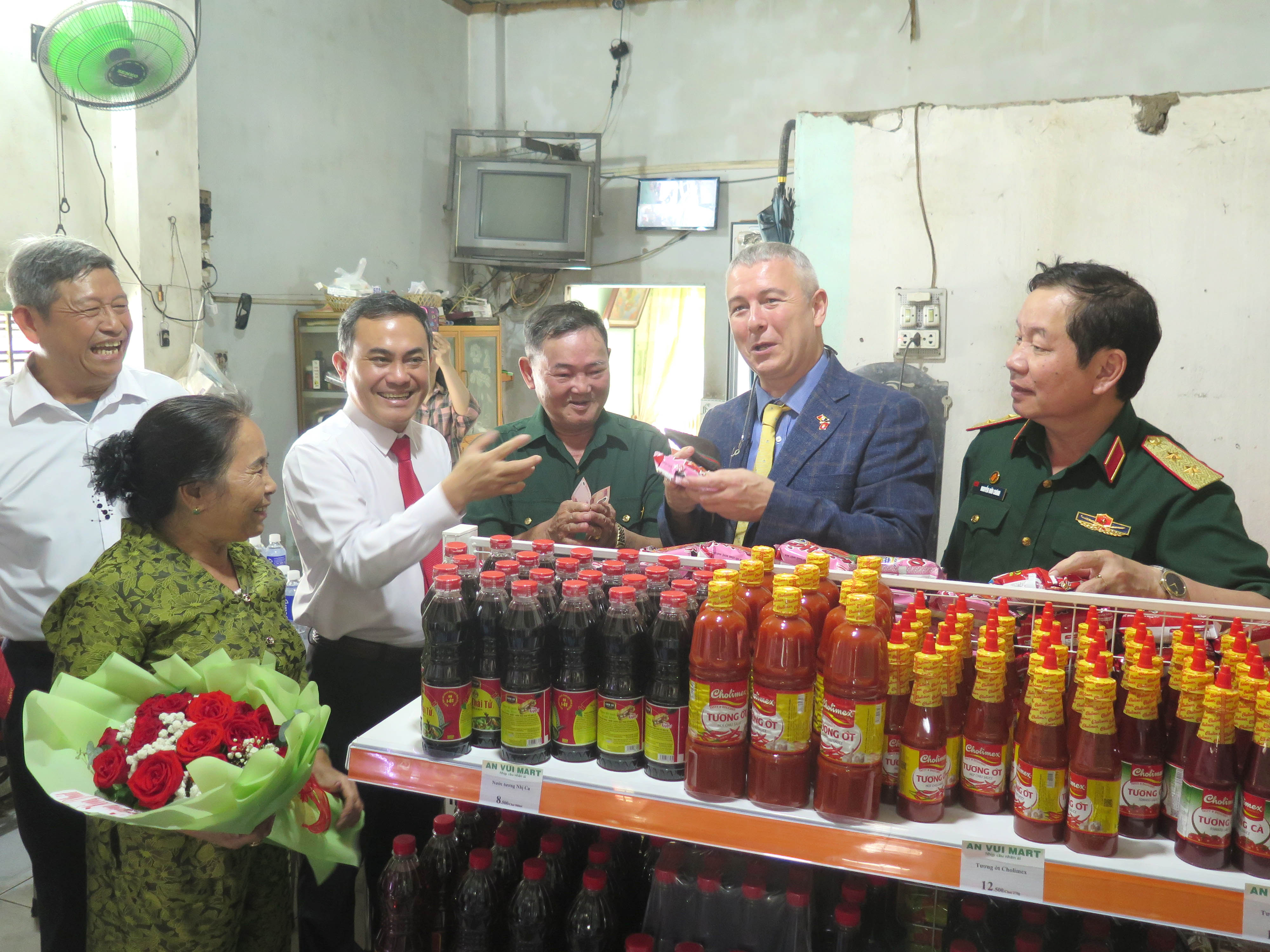
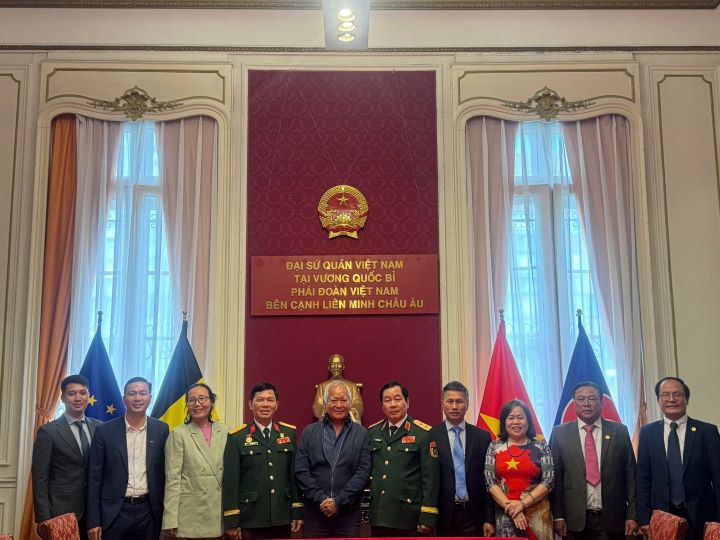
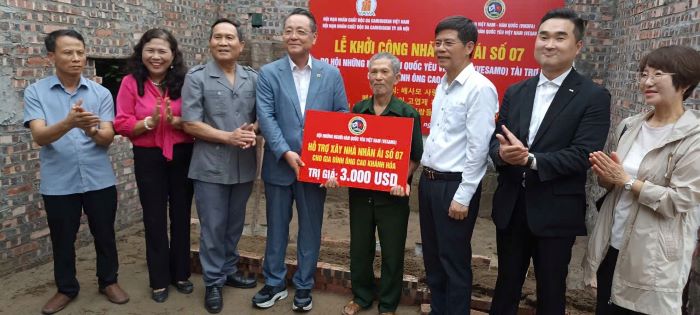


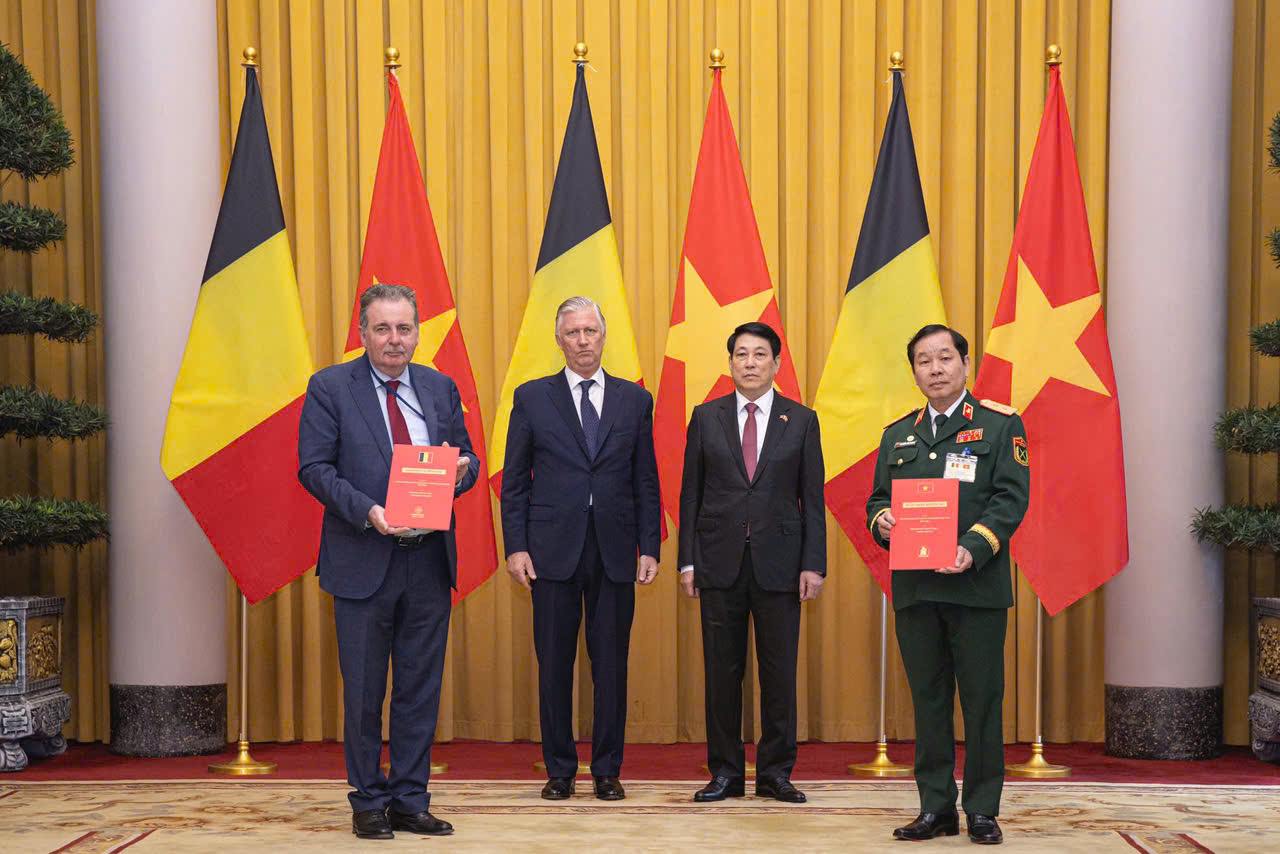

Comment